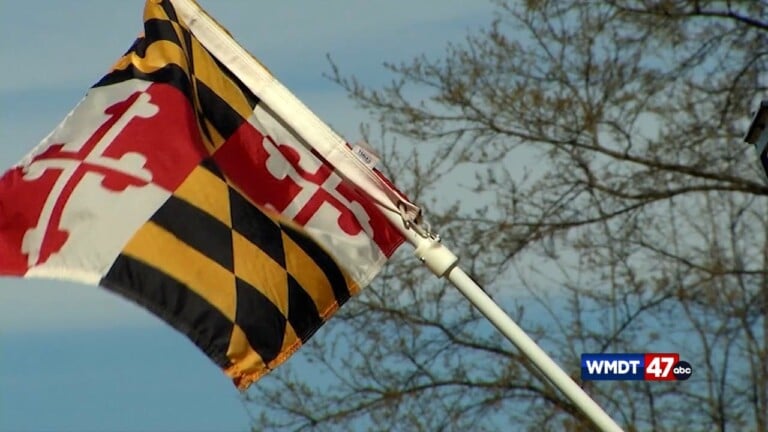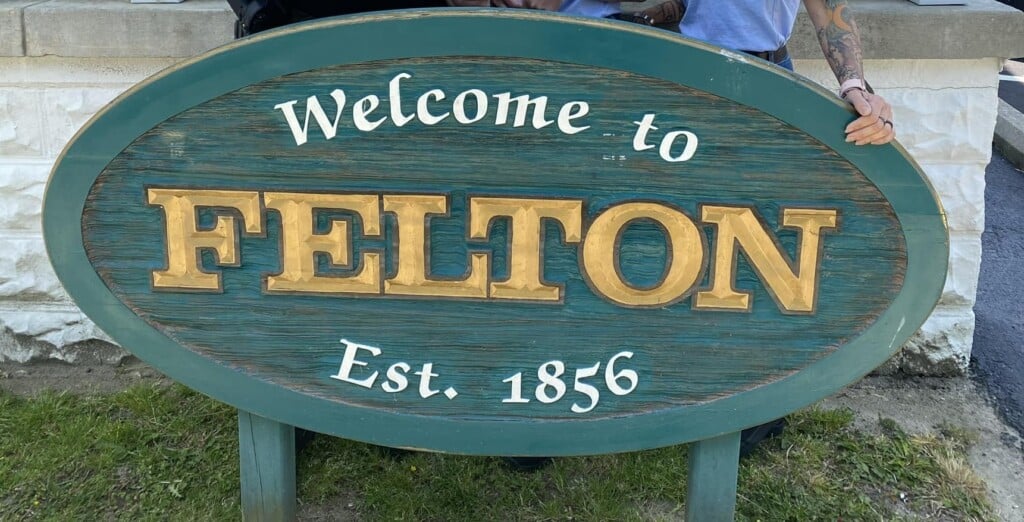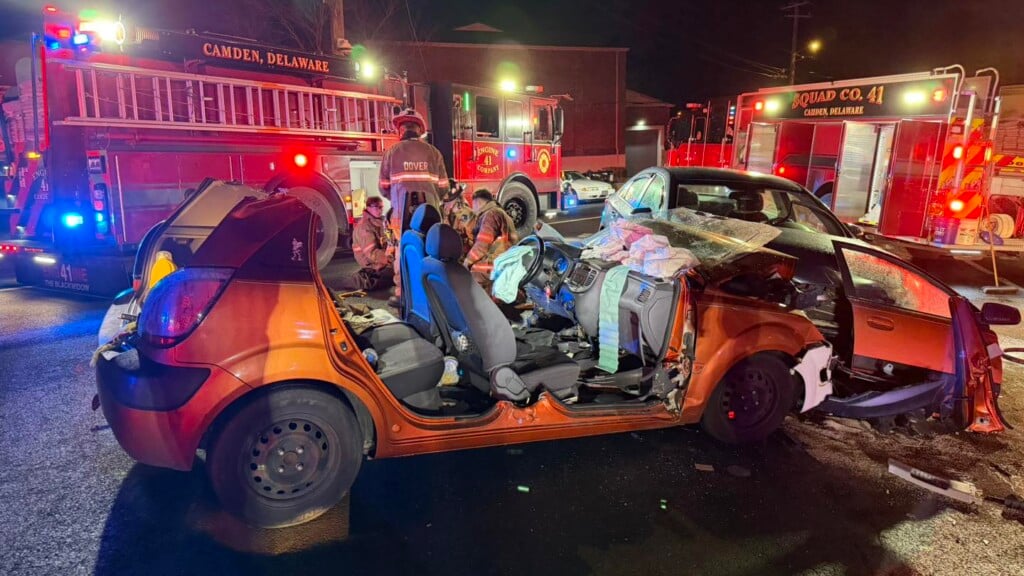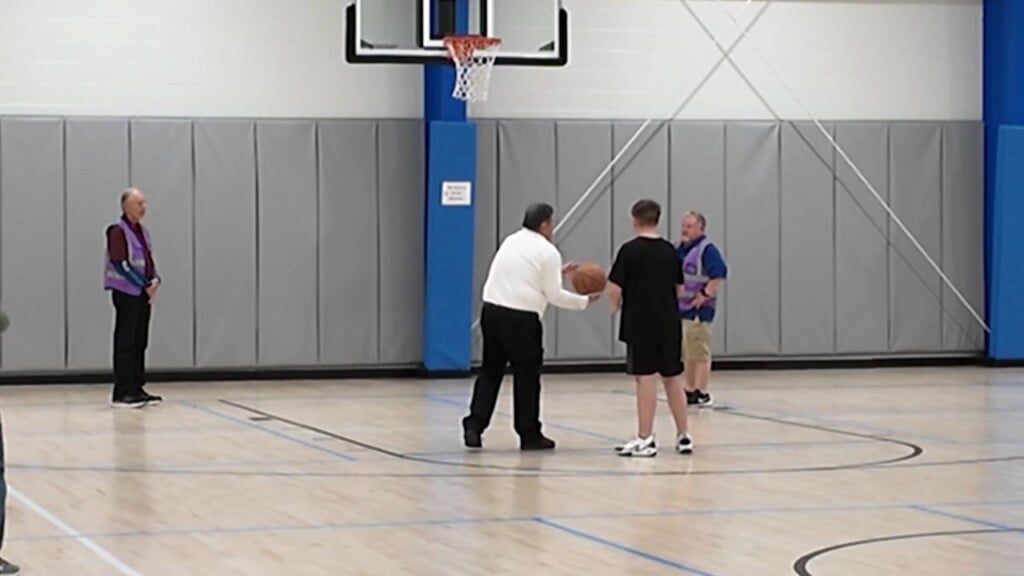MD ACLU, MD Office Public Defender call for Moore Veto on Juvenile Crime Reform bill

MARYLAND – The Maryland ACLU joined the Maryland Office of Public Defender to call for a veto from Governor Wes Moore on a recently passed Juvenile Justice reform bill that is awaiting his signature.
“We are calling for a veto, it puts kids into the system that for especially that group of kids is not helpful and is ineffective, so kids that young have to be competent to be able to move forward with the legal system, meaning they have to understand what’s going on, and when they’re that young, they’re often not found more often than not found to be competent,” said MOPD Assistant Public Defender Erin Seagears.
But Senator Mary Beth Carozza, who helped write the law, argues the current system is failing juveniles too, and that she wants to see more services have a positive impact on the youth.
She tells us the law would create more accountability for the Department of Juvenile Services, but create a court-mandated system on the back end to ensure compliance with treatments for the juveniles ordered by the court.
“Right now [Juveniles] are falling through, [Schools] make a referral to the Department of Juvenile Services, and there’s no follow-up, by law, they’re not they’re not required to follow up, in some cases, those juveniles that are causing the serious problems and the violence are returned right back to the classrooms,” Carozza said.
But Seagears believes the court system represents an inefficient and unequal way to get that follow through for services, saying she agrees DJS has a larger role to play, but says that does not have to be paired with harsher penalties for 10,11 and 12-year-olds.
“We see huge racial disparities that youth of color are majorly overrepresented, so that comes from kids who are arrested to kids who are adjudicated, to kids who are sent to placements, it’s over 80% of kids who are detained in Maryland are black youth,” Seagears said.
Seagears tells 47ABC she would support measures to better fund community-based initiatives and programming through the Children in Need of Supervision system through DJS if it was decoupled from increased discretion for prosecutors to get involved in juvenile cases.
Senator Carozza believes without probation, juveniles are not required to attend these programs, and that leaves those who choose not to use them on a dangerous path.
“What you’re trying to do, especially when you talk about that 10 to 12, those 10 to 12-year-olds, you know, you’re trying to reach them early enough and put them in, provide services to put them on the better track, that’s that’s the intention here,” she said.
She tells us the language in the current bill is a result of intense bipartisan debate, with many measures being scrapped including an exemption for interviewing juveniles without a lawyer present, and hopes the bill is signed into law by Governor Wes Moore in the following weeks.


